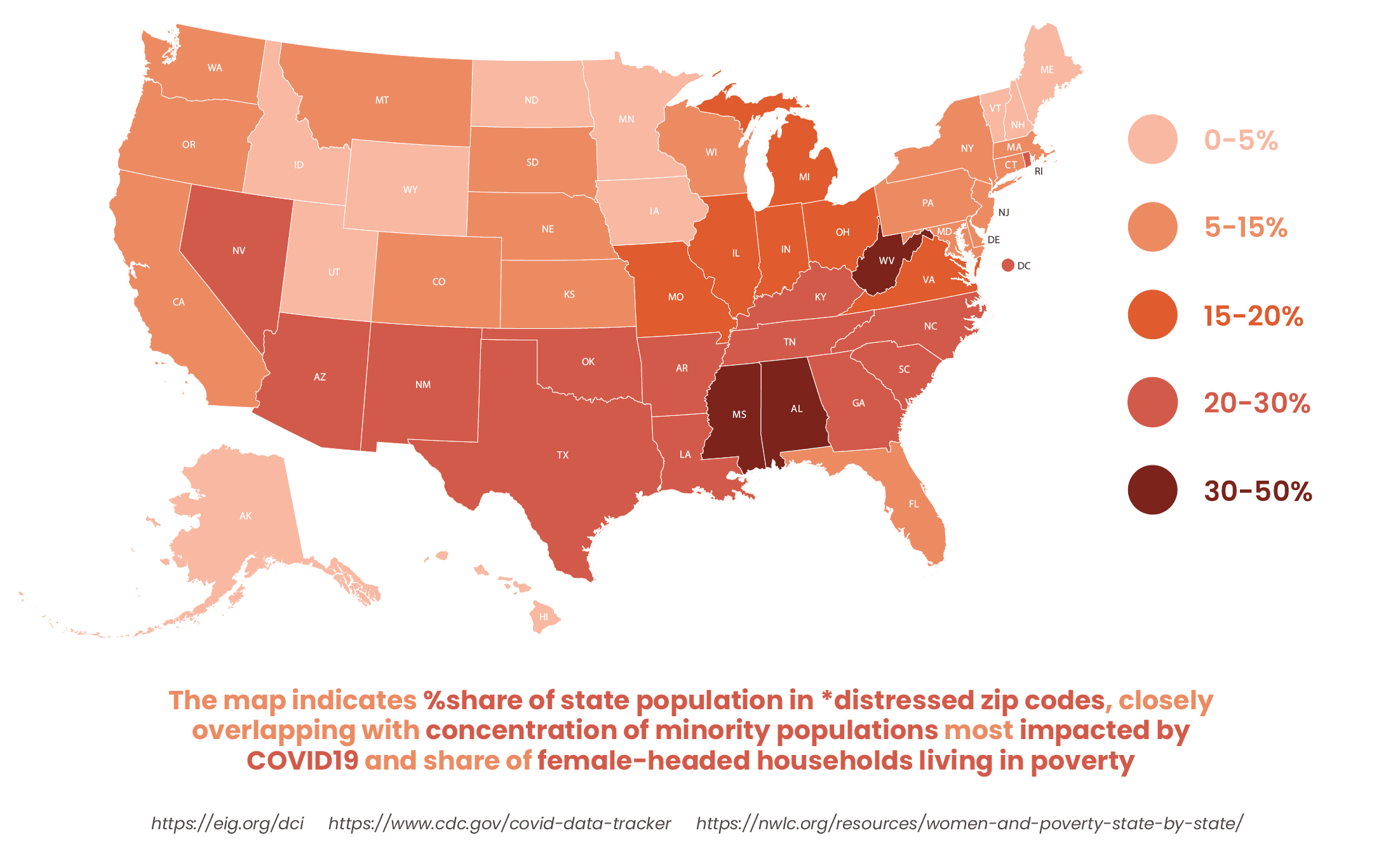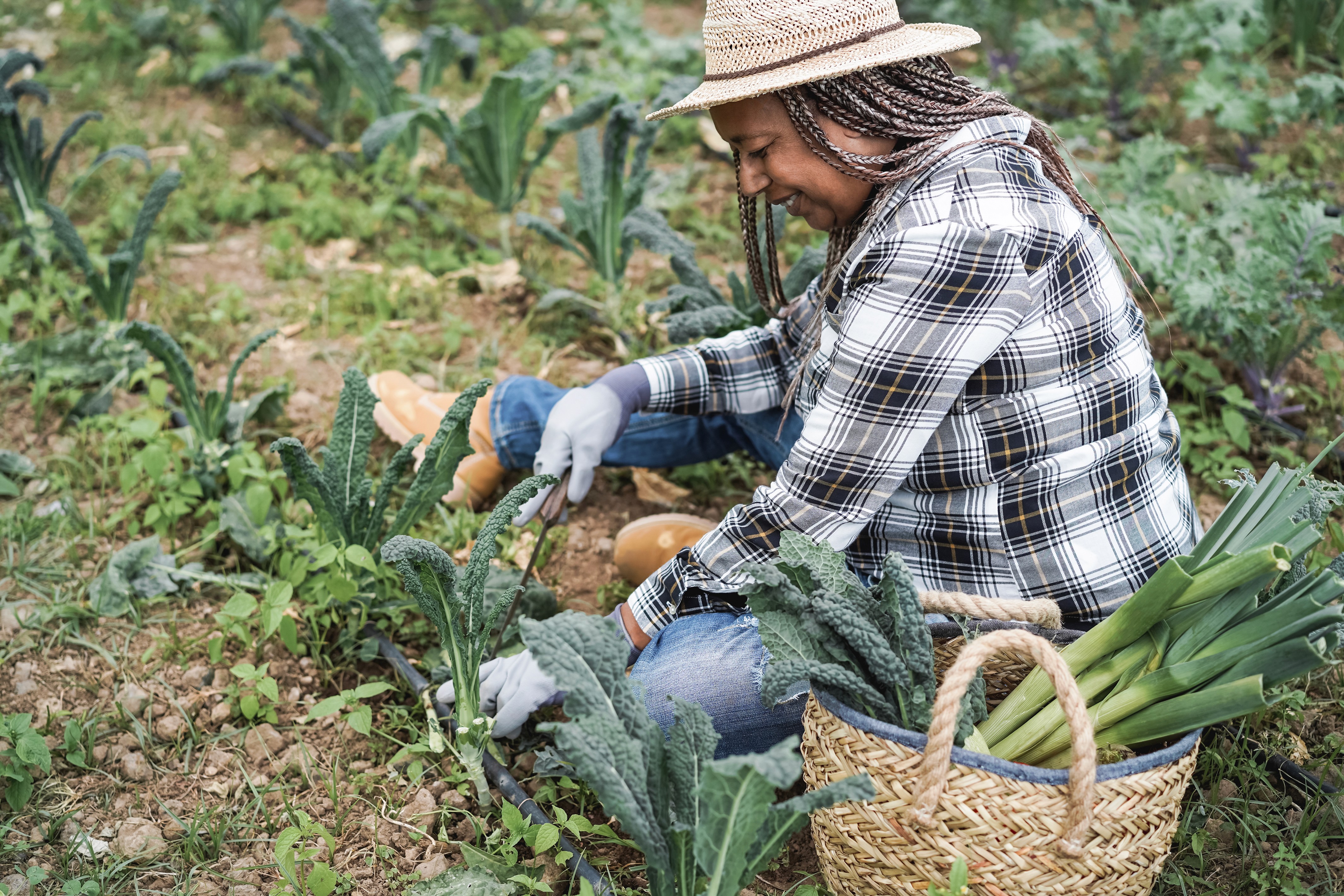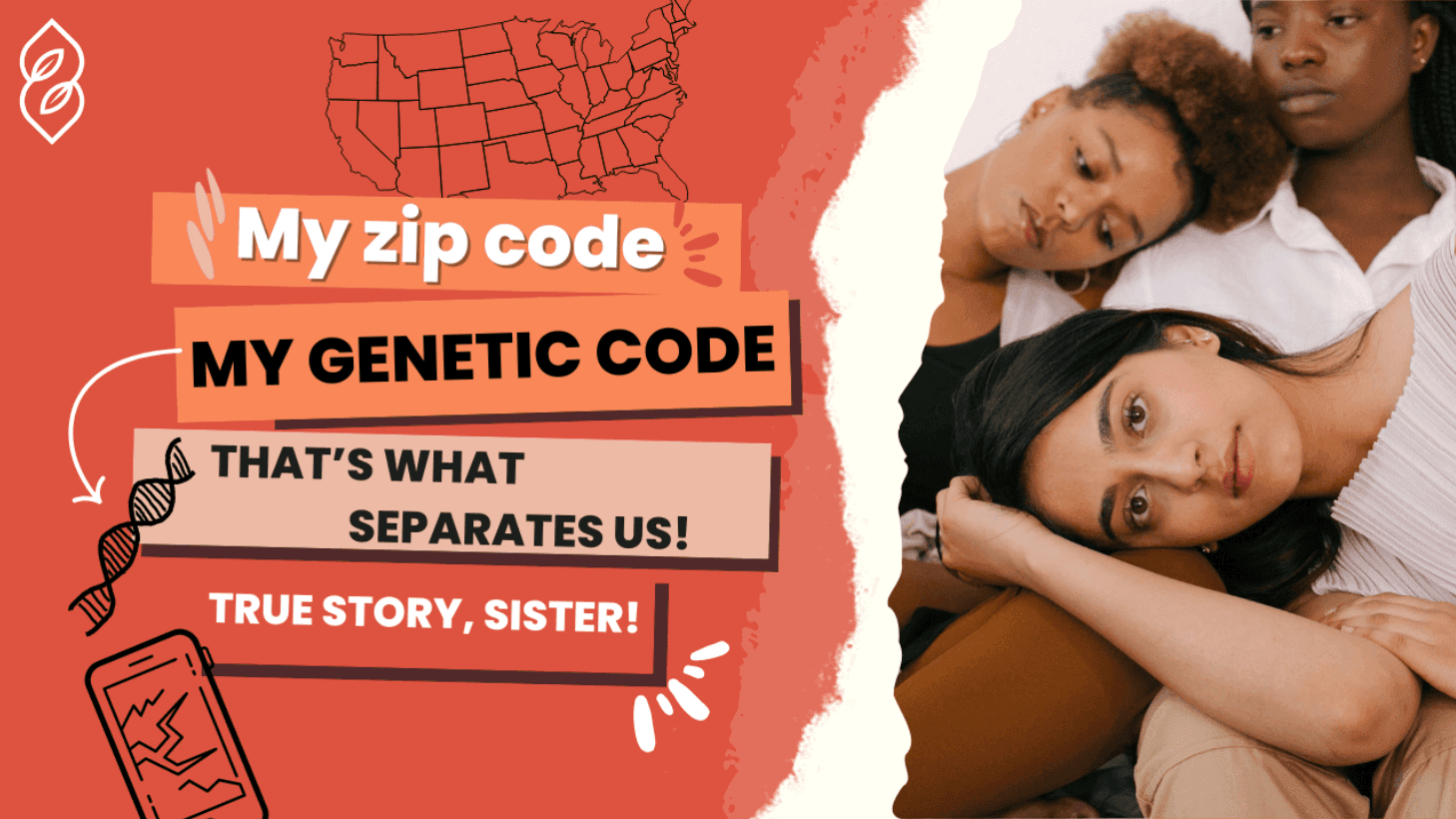Women, especially women of color, in the United States are more likely to live in poverty than men, and they need robust, targeted solutions to ensure their long-term nutritional, health and economic security.
According to U.S. Census Bureau data, of the 38.1 million people living in poverty in 2018, 56 percent—or 21.4 million—were women. The coronavirus pandemic and the worsening climate change impacts has put individuals and families at an increased risk of falling into poverty in the United States. Contributing factors include increased unemployment, low access to child care, rise in domestic violence against women, climate events related displacement, poor access to healthy food, high prevalence of chronic illness and vulnerability to structural inequities.
In Fall-Winter 2020, in partnership with Sago and other researchers, JIVINITI commissioned Project SHAKTI - a qualitative study to understand health and dietary choices being made by low income women and women of color in various parts of the United States.
The researchers were curious to explore the respondents’ relationship with others and Self, their observations on media communication around food, health, animal-based products; their understanding of plant-based nutrition and climate change, and, most of all, their vision for their future... once the pandemic was over!
To develop a unique research design and discussion guide before embarking on this qualitative study with low-income women and women of color in the U.S., it was essential to interview experts from diverse fields.
Skilled moderators interviewed fifteen experts from healthcare, culinary arts, fitness, animal rights advocacy, and health food manufacturing sectors. Following this, 76 women participated in a privacy-secure, remote, 5-day diary study, sharing their experiences and perspectives, and personal stories. This thorough approach overlaid with the Mayo Clinic’s wellness coaching framework ensured a safe space resulting not only in high engagement and authentic sharing by the participants but also offered them room for therapeutic, and at times, cathartic self-expression in their daily journal.
Participating women overwhelmingly appreciated the extended and personal engagement offered through this study.
It provided them an opportunity to reflect on their relationship with food, chronic illness, sense of self, and future aspirations. For some, the 5-day online discussion board was an awakening, prompting them to examine their food choices, particularly regarding animal products, through creative exercises and reflective journaling. They gained awareness of their eating patterns, recognizing poor choices that had become habits and the challenge of giving up beloved foods. Many expressed a renewed desire to start a new healthy eating routine or re-engage with physical activity. Importantly, they reassessed their personal values and beliefs related to health, family well-being, compassion for animals, and the health of our planet.





